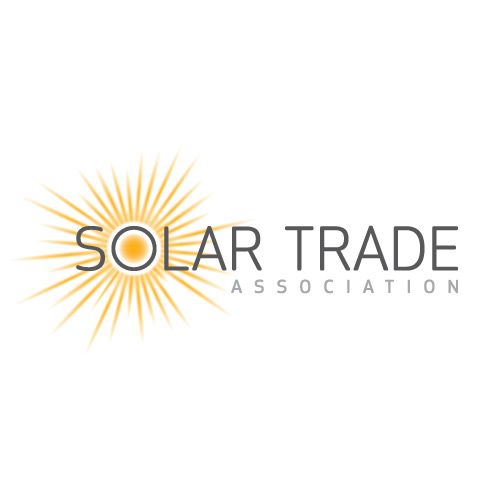

The Solar Trade Association (STA) has responded to the recent proposal to increase VAT for residential solar stating that it “requires urgent action from both the UK Government in London and the European Commission in Brussels.”
Homeowners only currently pay 5% VAT upon installation of a solar PV or solar thermal hot water heating system, however the Government has put forward a proposal to increase this rate to the standard 20%.
The plans, scheduled to come into force on 1 August, 2016, would see an additional £900 to the existing £6,400 cost of a typical 4kW solar installation.
Ahead of the upcoming final decision on the fate of the Feed-in Tariff (FiT), it is feared that increasing this tax would further deter consumers from opting for solar installations and cause even more irreparable damage to the industry.
The DECC is currently proposing to cut the tariff for domestic solar by 87% from 12p/kWh to 1.63p/kWh, for which the STA has been calling for 8p/kWh in its £1 Emergency solar rescue plan.
The HMRC consultation on VAT stems from an EU court ruling that the UK’s current reduced rate of VAT for solar and other energy saving products violates the EU’s VAT directive, as they cannot be considered a ‘renovation to a property’.
Mike Landy, head of policy at the Solar Trade Association, commented: “This requires urgent action from both the UK Government in London and the European Commission in Brussels. Instead of just accepting the EU ruling HMRC needs to push back and argue for solar to keep its reduced VAT rate. The Department of Energy and Climate Change (DECC) and the Treasury also need to take this massive hike in end prices into consideration in their imminent decision on how far to cut the Feed-in Tariff for solar.”
Initial analysis from the STA suggests that taking this proposed hike in VAT into account, the FiT would need to be raised back up to 12p/kWh to ensure that homeowners receive the same payback on investment.
Mr Landy continued: “We need the European Commission to move quickly to amend EU law so that all renewables and energy efficiency products are guaranteed a reduced rate of VAT. Brussels needs to remember that the EU doesn’t have many practical tools within its power to promote renewables, but rules on VAT is one of them.”
To view the full consultation document on the proposed changes to the rate of VAT Energy Saving Materials click here



